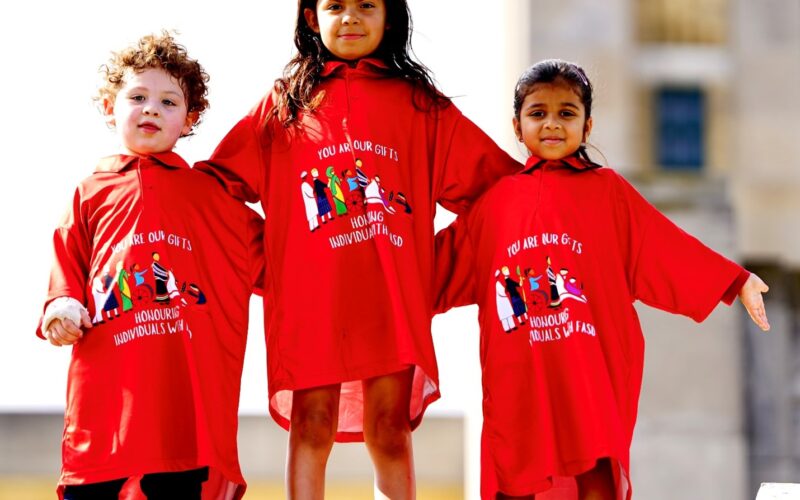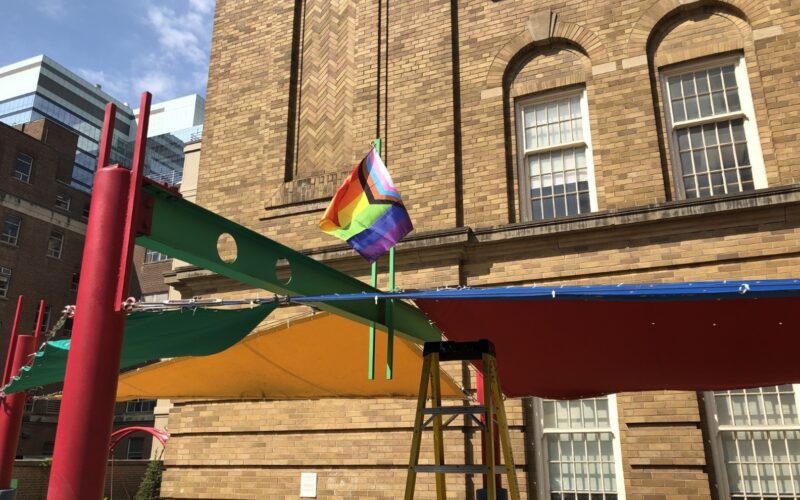Every year on September 9, International Fetal Alcohol Spectrum Disorder (FASD) Awareness Day is observed. Proclamations are issued in countries, states, provinces, and towns all around the world and people gather for events to raise awareness about the dangers of drinking during pregnancy and the plight of individuals and families who struggle with FASD. The first FASD Day was celebrated on 9/9/99; this day was chosen so that on the ninth day of the ninth month of the year, the world will remember that during the nine months of pregnancy a woman should abstain from alcohol. Anytime is a good time to raise awareness about FASD. At Surrey Place, we will be releasing a series of “Did You Know” social media cards using our Twitter account to help raise awareness.
We are also pleased to share information about our very own Fetal Alcohol Spectrum Disorder Adult Diagnostic Clinic. The FASD Adult Diagnostic Clinic provides diagnosis and follow-up treatment for individuals of all ages suspected of having FASD. The clinic was established in 2007 and has seen more than 150 individuals. The team includes a Service Coordinator, Ph.D. Nurse, Physician, Psychologists, Speech Language Pathologist, and Behaviour Therapist.
Assessments are completed at Surrey Place by our diagnostic team. Usually, you come with a support worker or family member and start with an Intake interview which lasts about an hour. Then, our nurse does a medical review and takes a photograph of your face. After this, you do neurodevelopmental testing (e.g., puzzles, memory tests etc.). This can last between 1 and 3 hours. If we can’t complete everything in one afternoon, we will invite you back for more appointments. After the assessment, our team will review the results and write a report for you. You will come for feedback to hear the results and recommendations. After the assessment you may be offered other services like behaviour therapy, counselling, or case management.
Anyone can make a referral for FASD assessment. Call Surrey Place Intake 416-925-5141. Be sure to say if you are referring an adult (over 18 years) or if you are referring a child (under 18 years).
As well as diagnosis and treatment, the team has also engaged in education and advocacy in the broader community. This has included educational workshops for our community partners (e.g., META Centre, COTA, Community Living Dryden-Sioux Lookout) and involvement in advisory, educational, and advocacy groups (e.g., Toronto FASD Coordinating Network; FASD-Ontario Network of Expertise; CanFASD).
We have an active research and publication program which has included being guest editors and contributors to a Special Edition on FASD by the Journal on Developmental Disabilities as well as other peer reviewed publications, book chapters, and conference presentations. The team was also involved in the development of the revised Canadian Guidelines for Diagnosis of FASD published in the Canadian Medical Association Journal in 2016.
Together, we can help raise awareness and make a difference. Remember – if you are pregnant or planning on becoming pregnant, it is safest not to drink any alcohol.


